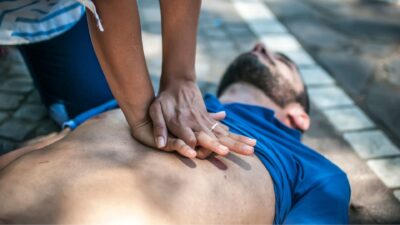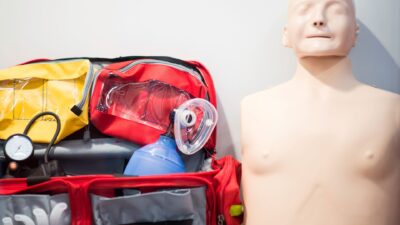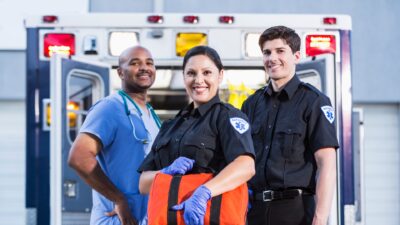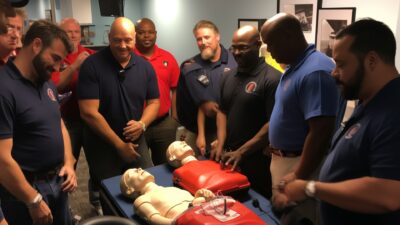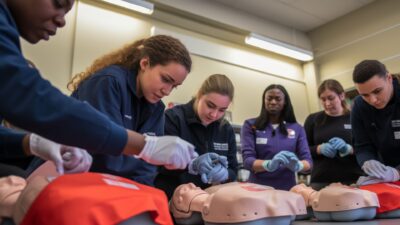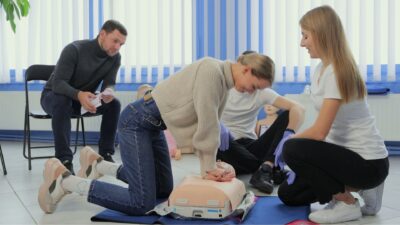
How to Refresh Your CPR Skills: Tips for Recertification in Tulsa
The best way to refresh your CPR skills is by taking a CPR recertification course in Tulsa. According to the American Red Cross Scientific Advisory Council, CPR skill retention declines within a few months of initial training – and continues to decline as time goes by. Whether you have held an AHA CPR certification, CPR…
Read More
